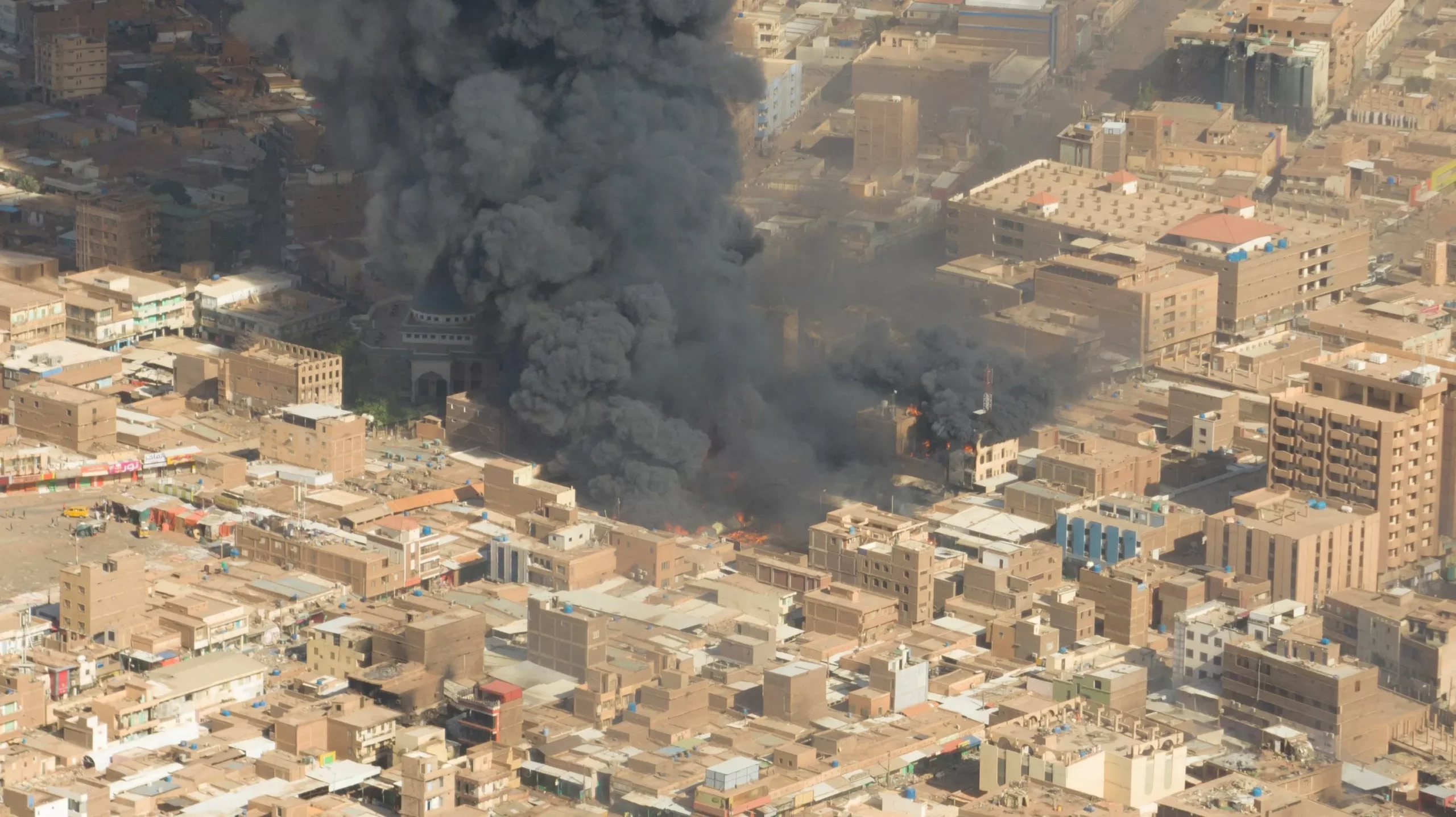As Sudan continues to struggle with a devastating conflict, its military factions have turned to foreign backers in an attempt to gain an edge. This move, while understandable, has the potential to prolong and escalate the war between the different groups, causing further harm to the country and its people.
The conflict in Sudan has been ongoing for years, with various factions vying for power and control. The root causes of the conflict are complex and multifaceted, but what is clear is that it has had a devastating impact on the country and its people. The conflict has resulted in widespread displacement, loss of life, and destruction of infrastructure, leaving millions of Sudanese people in dire need of humanitarian assistance.
In such a dire situation, it is understandable that the military factions would seek outside support in their bid for power. However, this move comes with its own set of challenges and risks. By turning to foreign backers, the military factions are essentially inviting external forces to become involved in the conflict. This not only prolongs the war but also has the potential to escalate it to a larger and more destructive scale.
One of the major risks of seeking foreign support is the potential for the conflict to become a proxy war between regional and global powers. In recent years, we have seen how conflicts in the Middle East and Africa have been fueled by the involvement of foreign powers, leading to devastating consequences for the local populations. The same could happen in Sudan if the military factions continue to rely on foreign backers to gain an edge in the conflict.
Moreover, the involvement of foreign backers also has the potential to further divide the country along ethnic and religious lines. This could lead to a deepening of existing divisions and create new fault lines, making it even more challenging to find a peaceful resolution to the conflict. It is essential to remember that the people of Sudan have already suffered enough, and any further division and conflict will only add to their pain and suffering.
Another concern is the impact of foreign involvement on the sovereignty of Sudan. By seeking support from external powers, the military factions are essentially giving up some of their control over the country. This not only undermines the authority of the Sudanese government but also raises questions about the long-term stability of the country. It is crucial for the military factions to remember that their ultimate goal should be to bring peace and stability to Sudan, not to further their own interests at the expense of the country’s sovereignty.
Furthermore, the involvement of foreign backers could also complicate any efforts towards a peaceful resolution to the conflict. With multiple external actors involved, finding a common ground and reaching a peaceful agreement becomes even more challenging. This could potentially lead to a stalemate, prolonging the conflict and causing further harm to the people of Sudan.
In light of these risks and challenges, it is essential for the military factions in Sudan to reconsider their reliance on foreign backers. Instead of seeking external support, they should focus on finding a peaceful resolution to the conflict through dialogue and negotiations. It is only through a genuine commitment to peace and reconciliation that Sudan can overcome its current challenges and move towards a brighter future.
Furthermore, it is crucial for the international community to support Sudan in its efforts towards peace and stability. This includes providing humanitarian aid to those in need, as well as diplomatic and political support to facilitate a peaceful resolution to the conflict. The people of Sudan deserve to live in a country free from conflict and violence, and it is the responsibility of the international community to help them achieve this goal.
In conclusion, as Sudan grapples with a devastating conflict, it is crucial for its military factions to reconsider their reliance on foreign backers. Instead, they should focus on finding a peaceful resolution to the conflict through dialogue and negotiations. The involvement of external powers has the potential to prolong and escalate the conflict, causing further harm to the country and its people. It is only through a genuine commitment to peace and reconciliation that Sudan can overcome its current challenges and move towards a brighter future. Let us all work together towards a peaceful and stable Sudan.





![Complete BritRail Pass Guide [Types, How to Use It, Pros + Cons]](https://inside-news.uk/wp-content/uploads/2025/06/00221EB4-BCA2-4DBB-6CD4-83DBC37D71FA-120x86.webp)
















